
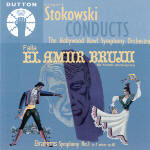
On balance, this 1945 Hollywood Bowl Brahms First is the least satisfying of Stokowski’s five recorded versions. It’s not as well recorded or played as
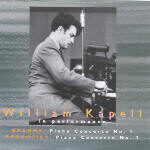
William Kapell’s 1953 New York Philharmonic performance of the Brahms D minor Concerto reveals the extent to which the short-lived pianist had internalized this gnarly
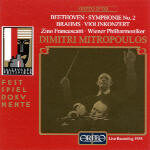
Dimitri Mitropoulos wasn’t known as a Beethoven conductor, but this performance of the Second Symphony is marvelous. The outer movements crackle with energy, and although

Perhaps the most significant of the large-scale works not commercially recorded by Arturo Toscanini is his January 24, 1943, broadcast of Brahms’ A German Requiem.
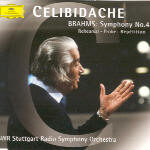
In 1999 EMI brought out a live Brahms Symphony cycle with Sergiu Celibidache conducting the Munich Philharmonic. What convinces about these unconventionally broad and decidedly
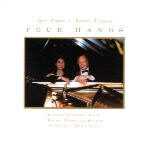
While Igor Kipnis hasn’t completely forsaken his trusty harpsichord, much of his recent work has focused on the piano duo repertoire, partnered by pianist Karen
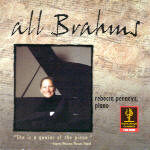
A professor of piano at the Eastman School of Music since 1980, Rebecca Penneys has made a handful of solo and chamber CDs whose artistic
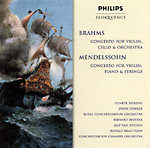
Bernard Haitink conducts Brahms’ Double Concerto in a broad, big-boned manner, slightly slower than his later remake for EMI, but no less vital. He is
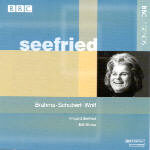
Irmgard Seefried was one of the bright lights of the opera and recital stages of the 1950s. Her silvery lyric soprano was blessed with depth

Eduard van Beinum’s recorded legacy is probably less appreciated at present than it should be, due in part to its general unavailability worldwide, but also
![]()
